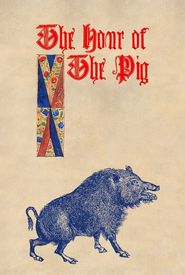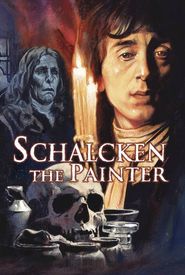Leslie Megahey, a highly acclaimed and accomplished British television producer, director, and writer, hailed from the vibrant city of Belfast, situated in the culturally rich and historically significant region of Northern Ireland. His parents, Thomas Megahey, a devoted and respected minister, and Beatrice (née Walton),a woman of great character and influence, played a pivotal role in shaping his early life and instilling in him the values and principles that would guide him throughout his illustrious career.
Megahey's academic journey began at King Edward VI School in Lichfield, a prestigious institution renowned for its rigorous educational standards and commitment to nurturing the intellectual and creative potential of its students. It was during this formative period that he laid the foundation for his future success, developing a passion for the arts and a keen sense of storytelling that would eventually earn him recognition as a leading figure in the British television industry.
Megahey's formative years in the entertainment industry were marked by a series of notable productions for the British Broadcasting Corporation, specifically the BBC, which showcased his burgeoning talent and skills as a creator of engaging and captivating content.
In 1971, Megahey's creative endeavors led to the production of "Canvas: 7: Sunflowers: Van Gogh", a significant milestone in his career that demonstrated his ability to craft compelling and visually stunning programs.
The following year, 1972, saw the release of "Omnibus File: Thrillers and Crime Fiction", another notable production that further solidified Megahey's reputation as a masterful storyteller and innovator in the world of television.
From 1977 to 1979 and then again from 1982 to 1983, Megahey held the esteemed position of editor for the BBC television documentary series "Arena", where he wielded considerable influence in shaping the program's overall direction and creative vision.
Throughout his tenure, Megahey implemented a pivotal restructuring of the series, dividing it into two distinct categories: "Arena Theatre" and "Arena Art and Design". This innovative approach transformed the platform into a dynamic showcase for short, distinctive, and visually stunning films, with a primary focus on British theatre and the visual arts.
During the 1970s, a remarkable television program caught the attention of art enthusiasts worldwide. The program, titled "Henry Moore Meets Leonardo," marked a significant milestone in the career of the esteemed broadcaster. In this groundbreaking production, Henry Moore, the celebrated British sculptor, embarked on a fascinating intellectual journey as he engaged in a thought-provoking discussion with Leonardo Da Vinci's anatomical drawings.
Megahey's two-part television documentary series, titled "The Orson Welles Story", which was initially broadcast in 1982, garnered widespread critical acclaim and subsequently received a prestigious award in the category of "Best Documentary" at the British Academy of Film and Television Arts (BAFTA) ceremony held in 1983.
























